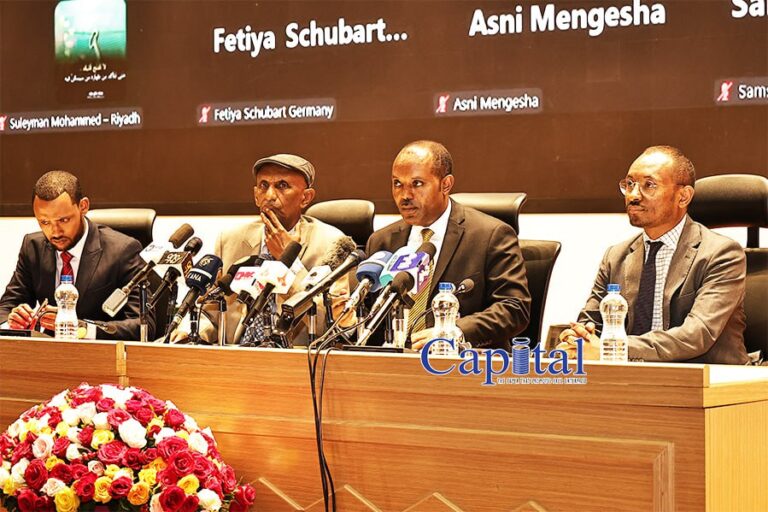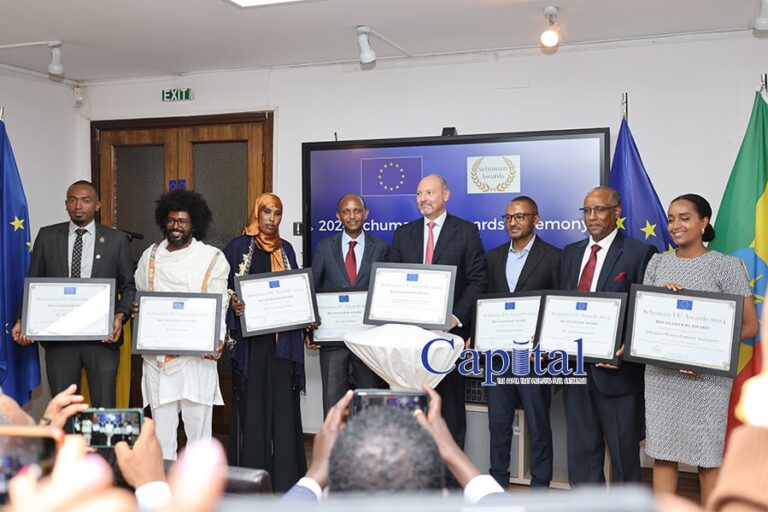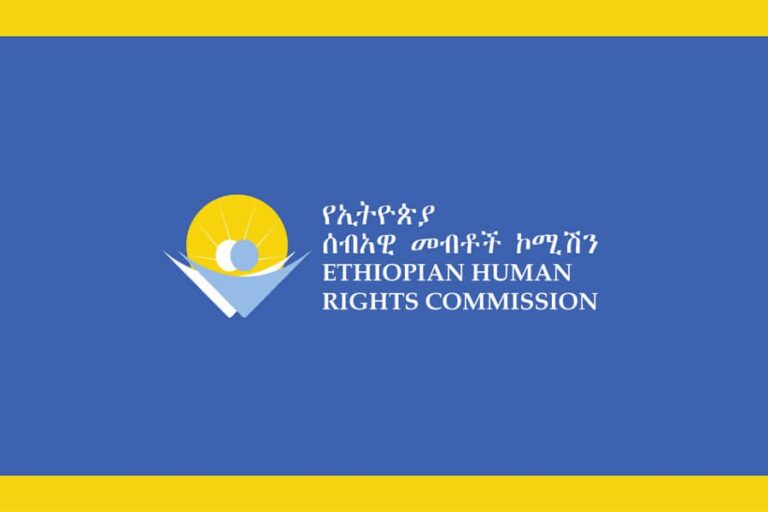The International Islamic Trade Finance Corporation (ITFC) (www.ITFC-idb.org) and Qatar Development Bank (QDB) have announced the signing of a Memorandum of Understanding (MoU) to bolster mutual business cooperation. The MoU aims to support QDB’s SME Export Development Program and enhance the capabilities of Qatari entrepreneurs and innovators, as well as small and medium enterprises (SMEs), to compete effectively in the global market. The agreement was signed by Mr. Abdulrahman Hesham Al-Sowaidi, Chief Executive Officer of QDB, and Eng. Hani Salem Sonbol, Chief Executive Officer of ITFC.
On this occasion, Eng. Hani Sonbol, CEO of ITFC, stated that, “This MoU is a significant step towards strengthening collaboration in our shared commitment to support trade, development, and empower SMEs and exporters in Qatar and OIC member countries.”
On his part, Mr. Abdulrahman Al-Sowaidi, CEO of QDB, expressed enthusiasm on the partnership, saying, ” “We are pleased to enrich our portfolio of partnerships with diverse international organizations to increase the reach of SMEs and the private sector as a whole to international markets and support the export of Qatari products and services, in line with QDB’s comprehensive private sector support strategy. This agreement will enhance the services provided by the Bank to entrepreneurs, hence increasing their contribution to the development and diversification of the Qatari economy.”
Under the terms of the MoU, ITFC will partner with QDB to support the development of the Qatar Export Development Program, with a focus on key products under the program and connecting QDB with financial institutions in key markets in the OIC member countries. Furthermore, ITFC will provide QDB with advisory services in the areas of trade operations and product development.
The signing of this MoU highlights the commitment of both QDB and ITFC to fostering economic growth and empowering SMEs in Qatar and represents a significant milestone in the efforts of collaboration in achieving sustainable economic development.
Distributed by APO Group on behalf of International Islamic Trade Finance Corporation (ITFC).
Contact Us:
Twitter: @ITFCCORP
Facebook: @ITFCCORP
LinkedIn: International Islamic Trade Finance Corporation (ITFC)
Tel: +966 12 646 8337
Fax: +966 12 637 1064
E-mail: ITFC@itfc-idb.org
About the International Trade Finance Corporation (ITFC):
The International Islamic Trade Finance Corporation (ITFC) is a member of the Islamic Development Bank (IsDB) Group. It was established with the primary objective of advancing trade among OIC member countries, which would ultimately contribute to the overarching goal of improving socioeconomic conditions of the people across the world. Commencing operations in January 2008, ITFC has provided US$75 billion of financing to OIC member countries, making it the leading provider of trade solutions for these member countries’ needs. With a mission to become a catalyst for trade development for OIC member countries and beyond, the Corporation helps entities in member countries gain better access to trade finance and provides them with the necessary trade-related capacity building tools, which would enable them to successfully compete in the global market.
About Qatar Development Bank (QDB):
Qatar Development Bank (QDB) was established in 1997 as the Qatar Industrial Development Bank, a 100% government-owned developmental organization. Its primary aim was to develop investments within local industries, thereby accelerating growth and economic diversification in Qatar through support for the private sector.
QDB has achieved significant milestones in recent years, playing a chief role in growing Qatar’s private sector. QDB has also played an integral role in stimulating national economic and social development, through funding a variety of local projects and providing support to the private sector through a range of innovative services. By adopting this strategy, QDB has contributed to empowering Qatari entrepreneurs, improving the standard of living, as well as allowing Qatari entrepreneurs to benefit from a wide range of promising investment opportunities, and to develop their exporting potentials while supporting their entry to new international markets.
QDB’s strategy is entirely in line with the Qatar National Vision 2030. It is focused on promoting and facilitating the growth of the private sector in key economic sectors, with the aim of building a diversified, sustainable economy.
QDB aims to promote entrepreneurship spirit within the private sector in Qatar through providing the necessary services that shall ease the growth, development, and diversification of this sector. In doing so, QDB offers access to information, incubation, and capabilities to SMEs, in addition to access to capital through direct and indirect financial services, investment and access to local markets, and access to international markets for Qatari exporters though export insurance and funding services.








